How to Design a Bedroom for Better Sleep Using Feng Shui Principles
Are you struggling to get a good night's sleep? The ancient art of Feng Shui might hold the key to more restful nights. Feng Shui, which focuses on creating balance and harmony through your living environment, can be particularly effective in the bedroom. Let's explore how you can harness its principles to transform your bedroom into a sanctuary of sleep.
FENG SHUI
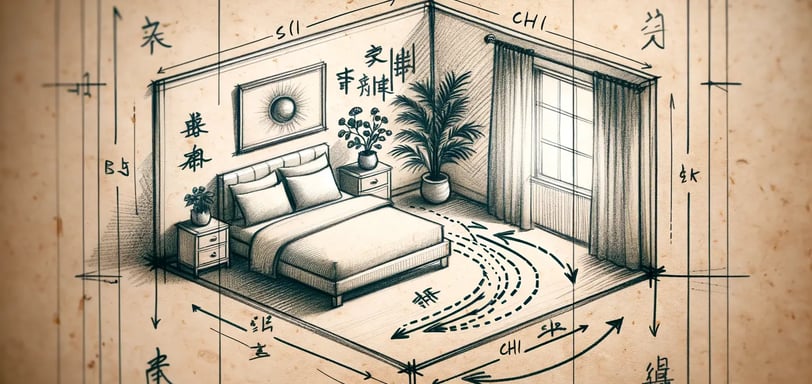

The Concept of Chi (Energy) and Its Significance in the Feng Shui Bedroom
Chi, or life energy, is central to Feng Shui. In the bedroom, the goal is to cultivate calm and peaceful energy. Chi should flow gently like a river, not rush through like a waterfall. Ensure there are no obstacles that disrupt this flow.
The Ideal Bedroom Layout for Optimal Feng Shui
Position your bed to ensure you have a clear view of the door, but are not directly in line with it. This is known as the commanding position and helps you feel secure and in control of your environment. Avoid placing your bed under any overhead beams or windows, which can disrupt sleep.
Choosing the Right Colors
Colors significantly affect your mood and sleep quality. Opt for soothing tones like blues, greens, and earthy colors to promote relaxation and tranquility. Bright colors, while energizing, might be too stimulating for the bedroom.
Furniture Selection and Placement
Choose furniture with soft edges and position it to encourage easy movement and accessibility. Keep the area under your bed clear; storage here can block energy and lead to stagnation.
The Role of the Bed
Your bed should be sturdy and supportive, with a solid headboard that symbolises stability. Choose high-quality, natural bedding materials to improve sleep quality and maintain good Chi.
Lighting and Its Impact on Feng Shui
Soft, adjustable lighting is best for the bedroom, allowing you to mimic the natural progression of the day. Dimmer switches are excellent for this purpose. Avoid harsh fluorescent lights, as they can disrupt the peaceful ambiance required for good sleep.
Incorporating the Five Elements
Balance the five elements: wood, fire, earth, metal, and water to create a nurturing environment. For example, include wooden furniture for growth, metal frames or decorations for clarity, and water features like aquariums or water paintings for relaxation.
The Use of Mirrors and Their Placement
If used correctly, mirrors can expand a small bedroom and bring in additional light. However, avoid placing mirrors where they reflect your bed, as this can lead to energy overactivity and restless sleep.
Plants and Feng Shui
Plants are a wonderful addition to any Feng Shui bedroom, but choose wisely. Lush, soft-leaf plants are best. Avoid cacti or plants with sharp leaves, as these can 'cut' the positive energy flow.
Maintaining a Clutter-Free Environment
Clutter can trap and stagnate energy. Regularly declutter your bedroom to keep energy fresh and conducive to rest. This includes digital clutter—try to keep electronic devices out of the bedroom.
Conclusion
Designing your bedroom according to Feng Shui principles doesn't require drastic changes—just thoughtful consideration of layout, decor, and color. By following these guidelines, you'll create a more harmonious space that promotes better sleep and overall well-being.


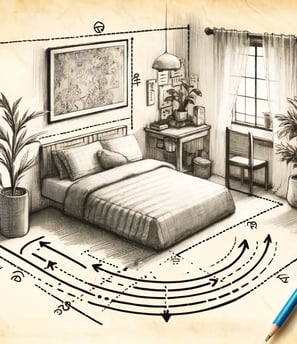

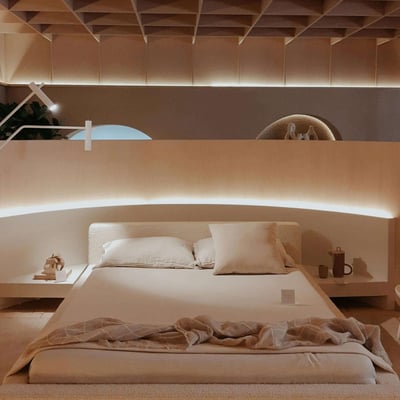







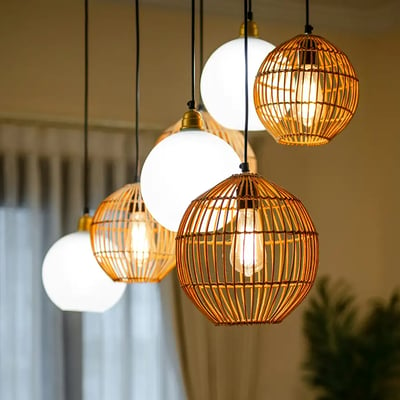

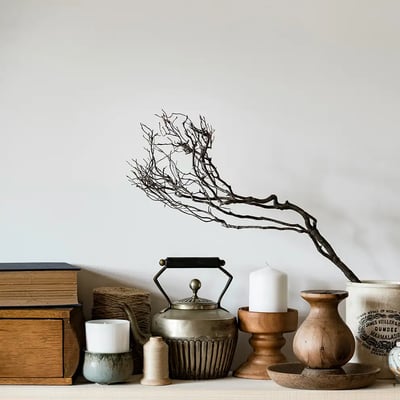

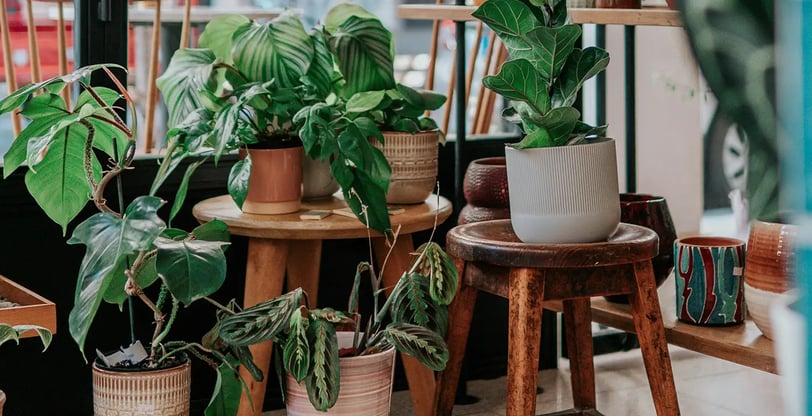

FAQ: Feng Shui in the Bedroom
What is the best position for a bed in a Feng Shui bedroom?
The optimal position for a bed is the ‘command position’ which is diagonal from the bedroom door and not in direct line with it. The bed should have a solid wall behind it for support.
Can I have a mirror in my Feng Shui bedroom?
Mirrors in the bedroom should be used cautiously. They should not reflect the bed as this can lead to restless energy. If you have a mirror, it’s best to position it so it is not facing the bed directly.
What colors are recommended for a bedroom according to Feng Shui?
Feng Shui recommends earth tones, soft pastels, and skin colors ranging from light to dark. These colors promote a calming and relaxing environment conducive to sleep and relaxation.
How can I improve the Chi in my bedroom?
Keep the room clean and clutter-free, use soft and natural lighting, incorporate the five elements thoughtfully, and ensure good air flow with fresh, clean air.
How should I choose bedroom furniture for good Feng Shui?
Select furniture with smooth edges and as much as possible made from natural materials. The pieces should be proportionate to the size of the room to keep the space open and the Chi flowing.
Can I use scents in my Feng Shui bedroom?
Yes, scents can help create a soothing atmosphere. However, it's important to use natural scents rather than synthetic ones. Lavender is often recommended for relaxation and sleep.
What type of artwork is good for a Feng Shui bedroom?
Choose artwork that is serene and makes you feel content and happy. Avoid images that are chaotic, depict violence, or invoke sad memories.
Disclaimer
As an associate and affiliate for brands we earn from qualifying purchases.
